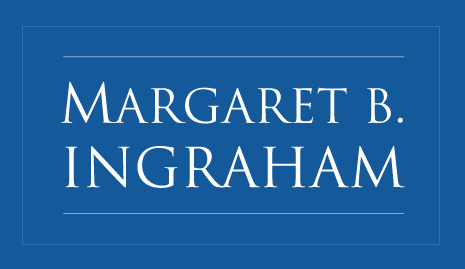In The Heart of Psalm 119 (Part 2) our focus was on examining how the elements of design and structure in the psalm support, enhance and help define its meaning. The frequently discussed word pattern also clearly falls within the category of design, whether one accepts the traditional view that it is comprised of nine key words that all reference the law or embraces my opinion that there are twelve words.
 Either belief raises the issue of the significance of numbers in scripture – a matter to which ancient Hebrews and even many modern Jews pay particular attention. My supposition is that David did as well. He had no influence over the number of the letters of the alphabet. They were and are fixed, of course. But he did have creative control over how he utilized them.
Either belief raises the issue of the significance of numbers in scripture – a matter to which ancient Hebrews and even many modern Jews pay particular attention. My supposition is that David did as well. He had no influence over the number of the letters of the alphabet. They were and are fixed, of course. But he did have creative control over how he utilized them.
Psalm 119 was not the only acrostic poem he penned. Another well-known example is Psalm 34. That is termed a simple acrostic because it simply follows the alphabet one letter per verse and consists of 22 verses. In the 119th the poet repeats each letter at the beginning of eight successive verses. That raises the question of whether or not eight was a random choice or whether the number had symbolic significance. It should be no surprise that I am going to argue in favor of the latter option. My reasons are manifold.
First, the psalm is far too deliberately conceived and executed to support any assumption of randomness with regard to an issue as important as stanzas or sections. Second, the eightfold letter repetition adds a level of complexity to the composition that is hard to defend as simply an arbitrary artistic decision. (Great masters of any art, whether literary, visual or musical, rarely if ever construct their works arbitrarily). Third, and most important, the number eight was imbued in scripture, and therefore in Hebrew thinking, with particular significance that comports with David’s purpose in this psalm. As best I can describe it, eight represented a movement from the natural to the spiritual or supernatural, from worldliness to holiness. Eight is also identified with covenant.
 Consider these occurrences of the number eight in Genesis and Exodus. First, in the story of Noah, God saved eight people from the destruction of the flood – Noah and his wife as well as his three sons and their wives — to start human life anew (Gen. 9:1). As a sign of covenant God commanded male children to be circumcised on the eighth day (Gen. 17:10). Eight poles, which were to be crafted according to intricate specifications required by God, were used to carry the various objects of worship, like the Ark, into the sanctuary (Ex. 25). Priestly garments consisted of eight specific items of clothing (Ex. 28:1-4).
Consider these occurrences of the number eight in Genesis and Exodus. First, in the story of Noah, God saved eight people from the destruction of the flood – Noah and his wife as well as his three sons and their wives — to start human life anew (Gen. 9:1). As a sign of covenant God commanded male children to be circumcised on the eighth day (Gen. 17:10). Eight poles, which were to be crafted according to intricate specifications required by God, were used to carry the various objects of worship, like the Ark, into the sanctuary (Ex. 25). Priestly garments consisted of eight specific items of clothing (Ex. 28:1-4).
This, I believe, establishes two important points for us in this discussion. It strongly suggests that David was likely deliberate in choosing his eightfold pattern and that he knew that his fellow Hebrews would intuitively recognize its significance. Further, it confirms the importance of numbers, as well as words, in this poem.
The number twelve also occupies an important and symbolic place in scripture. Two examples should be sufficient to make the point. There were twelve tribes of Israel. And the Son of David later chose twelve apostles. So I begin the case for the twelve words of Psalm 119 as a kind of argument commencing with design but moving very quickly to one of significance and substance – and I believe to clarifying the way the great psalmist meant for us to understand this poem not of law but of love, covenant, and redemption. In the next post we will take a first deep dive below the surface.
